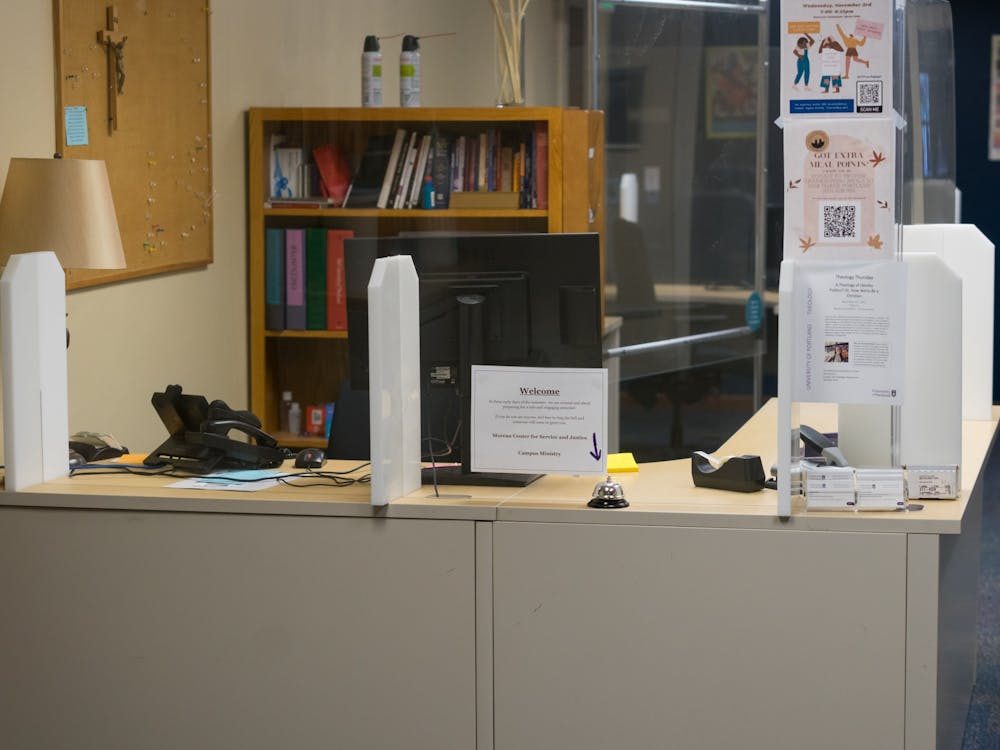Imagine this: There is a global pandemic. You are doing your best to isolate and eliminate contact with as many people as possible. If you have to be around others, you make sure to wear a mask and social distance. But here’s the catch, you live with housemates — some of whom want to see their friends, significant others, go to parties and bars, etc.
Some of you imagined, others live that scenario every day.
As college students, it is common to live with several housemates/roommates to save money. During the COVID-19 pandemic, it has become evident that this can be both a blessing and a curse.
With several people living in a household, conflicting opinions about how to handle COVID-19 guidelines are common. Some housemates may want to see their friends maskless and indoors whereas others may want to stay away from anyone they do not live with.
Even though there are vaccines available, there has been a recent increase in breakthrough cases.
If you find yourself in the situation where you and your housemates have conflicting opinions about COVID-19 safety, you’ve come to the right place. In order to ensure that the conversation about health guidelines with housemates is not uncomfortable or tense, The Beacon spoke with UP’s very own communication professors to help you navigate this time of uncertainty.
Don’t be accusatory

Navigating housemate relationships in the middle of a global pandemic can get tense if not everyone has the same views on COVID-19 safety. It's important to meet with your roommates to stay on the same page.
Visual by Emma Sells
It is important to not become accusatory when addressing COVID-19 concerns with housemates. Professor Janet Weir, who teaches interpersonal communication, stresses the importance of addressing issues as they arise.
“You want to start talking in stages, you don’t want things to build up to this explosiveness,” Weir said.
Weir encourages students not to sweep their housemate disagreements “under the rug” but rather have the conversation with your housemates like you would sweep the floor. Start with baby steps, addressing each concern calmly and respectfully — just like you would sweep the floor in sections to avoid making one giant mess.
If the conversation does become tense and aggressive, it might be a good idea for everyone to take a breather. Professor Weir says that stepping away from the conversation when it becomes unproductive and argumentative is one of the best options.
“What we want to do is set aside some time to cool off, and we want to now reschedule when we want to get back together.” Professor Weir says.
Understand where everyone stands on the issue
Professor of communication Jeff Kerssen-Griep advises students to understand where their housemates stand on the issue. Some housemates may want to have guests over or go to that concert they bought tickets for months ago, while others prefer to isolate as much as possible.
“Do the best job of addressing everybody’s interests,” Kerssen-Griep said.
According to Kerssen-Griep, when every person establishes their interests, it helps people understand each other’s point of view better. This open dialogue can help minimize tension.
Set ground rules
Once everyone is aware of how the others feel about the issue, Kerssen-Griep advises students to set ground rules with their housemates.

Navigating housemate relationships in a global pandemic can get tense if not everyone has the same views on COVID safety.
Visual by Emma Sells
If housemates have conflicting opinions about COVID-19 guidelines and moving houses is not feasible, Kerssen-Griep suggests creating rules for common spaces in the house.
“Maybe you’re thinking about rules for common spaces,” Kerssen-Griep said. “That could be something that folks work out.”
It can be difficult to have this conversation with housemates because there is only so much you can do to change other's opinions. Unfortunately, we cannot control the decisions or actions of others, but we can control how we speak to them.
Be respectful but clear
We cannot control what our housemates do or how they behave, but we can talk to them about how their behavior is concerning us. If you have already had this conversation and set clear, mutual expectations of COVID-19 safety with your housemates and they end up doing the opposite, address this with them again.
Weir emphasized the importance of speaking up when housemates do something that they know bothers you.
“You need to establish with them that they are causing a lot of undue stress for the rest of the members of the household,” Weir said.
This conversation can seem daunting and uncomfortable, but these concerns are valid. Every person deserves to feel safe in their own home and not be scared about their health.
Isabel Cornejo is a Reporter at The Beacon. She can be reached at cornejoi22@up.edu.








